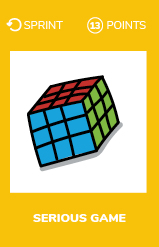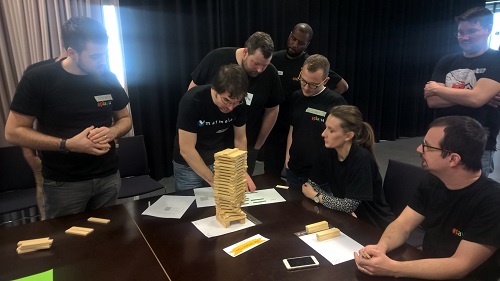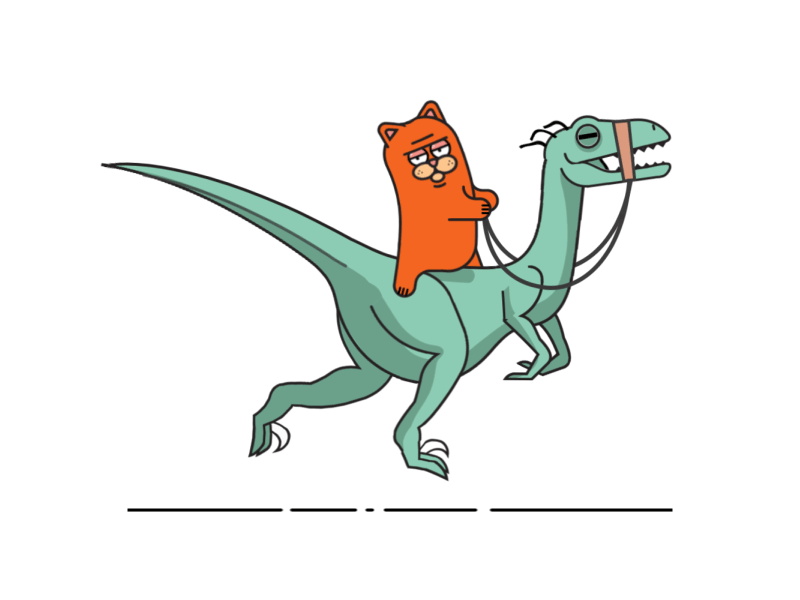Serious game

What ?
Serious games are interesting tools to acquire knowledge, both for their motivational effect and the pedagogical principles they include, such as :
- A user-centred approach
- Interactivity
- Repetition
- Continuous feedback.
Why ?
Serious game = Learning by doing
How ?
- Find a topic you want to push inside your company (testing, communication issues, lean startup, continuous improvement, …)
- Find a serious game related to the topic
- Organize a session with your colleagues
- Prepare yourself to facilitate the game
- Play the game
- Debrief the game with all the participants
- Provide feedbacks to the creators of the game
Steps to debrief a game
As a facilitator you need to follow those 5 steps in order to make the debrief efficient :
1) FEELING
Let the participants talk
- How did you feel during the exercise ?
- What did you feel ?
2) PROOFREADING
After the feeling, gather the facts.
- What happened ?
- How did it go ?
- What difficulties have emerged ? When ?
3) LEARNINGS
Participants try to theorize their experience.
- What did you learn ?
- What did you become aware of during this game ?
- What would you have changed to reach a better result ?
4) CONTEXTUALIZATION
Participants must try to transpose it to their own professional context.
- What parallel could you do with your professional context ?
- Have you had a sense of “déjà vu” ?
- What is your interest in your work or your daily life ?
- Did it seem realistic / exaggerated, why ?
5) KNOWLEDGE TRANSFER
Deliver theoretical insight and evoke all the lessons that can be learned from the game.
At the end, demonstrate that the game is a formidable weapon!!!
Debriefing Cube
To debrief a game you can also use a tool called “Debriefing cube”.
You can find all the informations about this cube here.
Resources
- #play14
- Agile games (in french)
- Agilesparks
- Lean/agile games
- Unit tests (in french)
- Lego craft games

